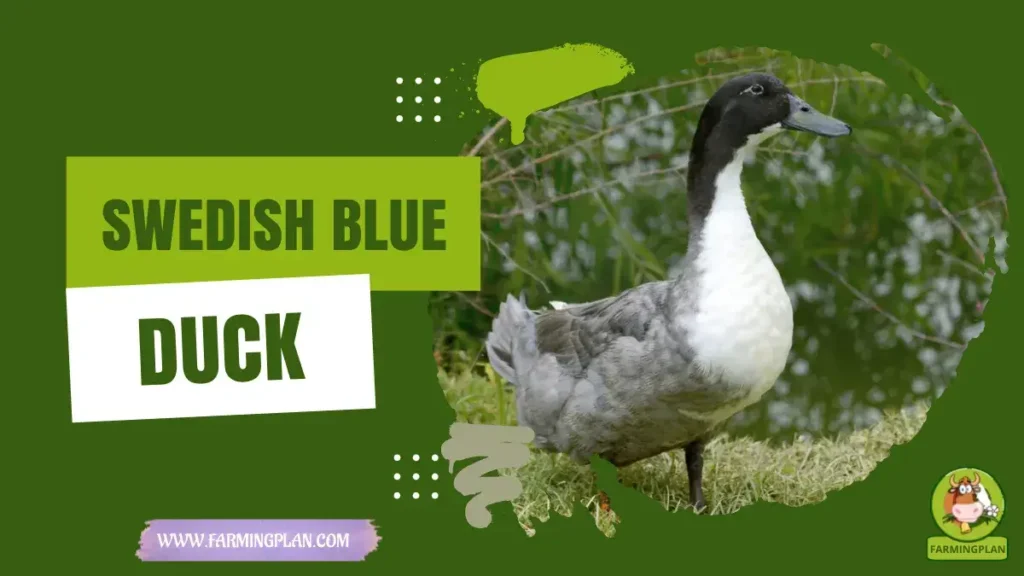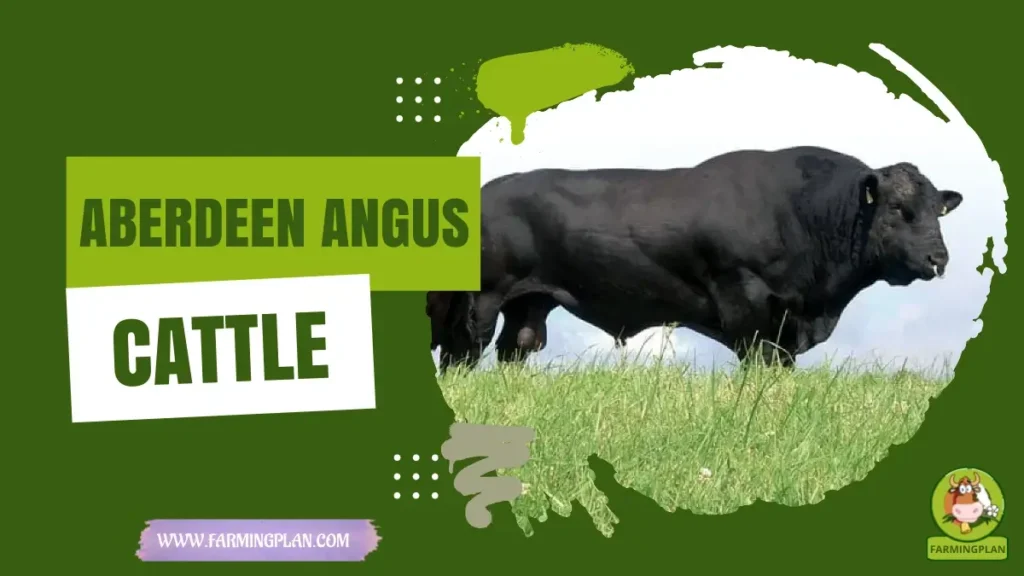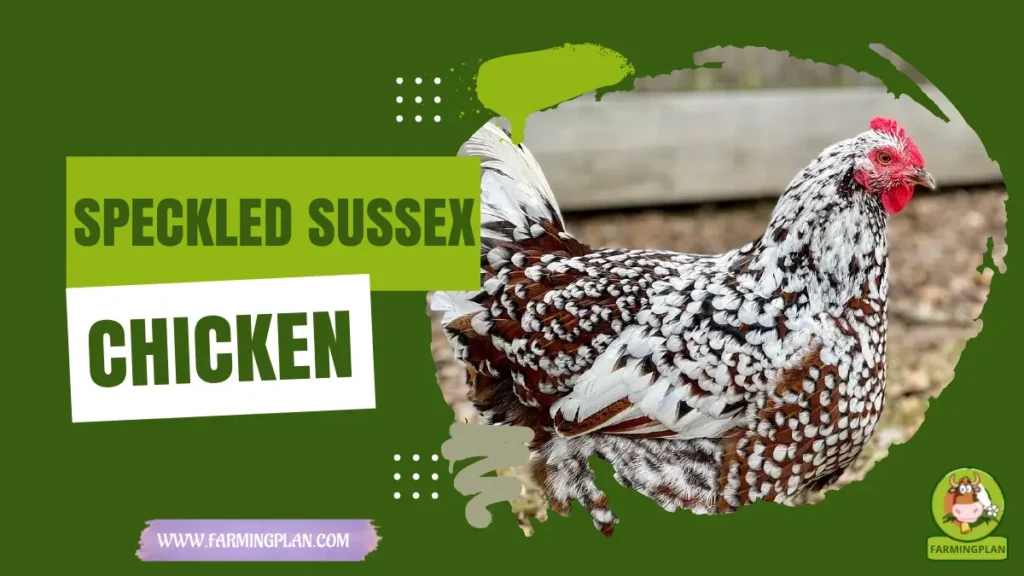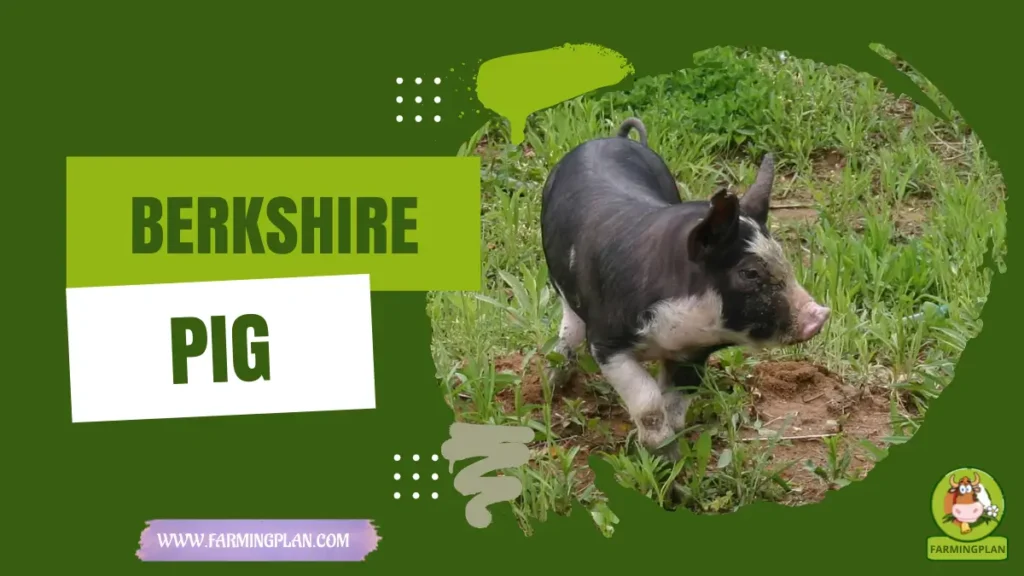Swedish Blue Duck: A Calm, Beautiful Farm Companion
The Swedish Blue Duck is a friendly and versatile breed distinguished by their beautiful blue-colored feathers and peaceful nature. They […]
Swedish Blue Duck: A Calm, Beautiful Farm Companion Read Post »









